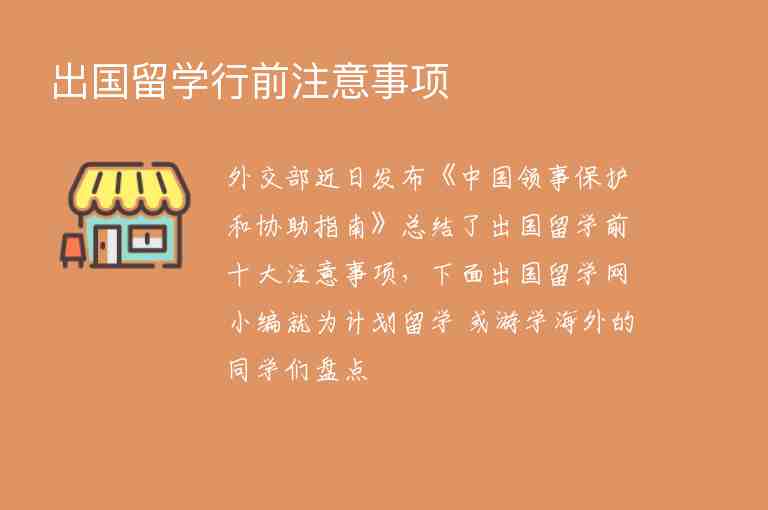一:龙吟虎啸是指龙和虎发出的嘶吼声,也可以用来形容极其雄壮、威武的声音或气势。在文化中,龙和虎都是象征力量和威严的神兽,因此龙吟虎啸也常被用来比喻非常强大的力量或气势。
英文释义:The roar of dragons and tigers, also used to describe extremely powerful or majestic sounds or momentum. In Chinese culture, dragons and tigers are both symbols of strength and majesty, so "dragon's roar and tiger's roar" is often used to metaphorically describe a very powerful force or momentum.
二:怎么读(音标):lóng yín hǔ xiào
三:用法:作为一个固定搭配,通常用来形容声音或气势。也可用于比喻性描述。
四:例句1-5句且中英对照:
1. 他一声龙吟虎啸,让所有人都感受到了他的强大力量。(He let out a dragon's roar and tiger's roar, making everyone feel his immense power.)
2. 这个正在经历着一场龙吟虎啸般的变革。(This country is going through a dragon's roar and tiger's roar-like transformation.)
3. 随着战争的爆发,战场上响起了龙吟虎啸般的呐喊声。(As the war broke out, the battlefield was filled with dragon's roars and tiger's roars.)
4. 她嗓音嘹亮,龙吟虎啸般的歌声震撼了全场。(Her voice was loud and powerful, her singing like a dragon's roar and tiger's roar that shook the entire audience.)
5. 这部电影中的打戏让人感受到了龙吟虎啸般的气势。(The fight scenes in this movie gave off a dragon's roar and tiger's roar-like momentum.)
五:同义词及用法:狮吼虎啸(shī hǒu hǔ xiào),也用来比喻强大的声音或气势。但与龙吟虎啸不同的是,狮吼虎啸通常指动物发出的真实的嘶吼声,而龙吟虎啸则更多地被用来比喻。
六:编辑总结:龙吟虎啸是一个形容极其雄壮、威武的声音或气势的固定搭配。它源自文化中对于龙和虎这两种神兽的象征意义,因此具有浓厚的文化内涵。在使用时,我们可以根据语境选择合适的同义词来替换,以丰富表达的方式。

